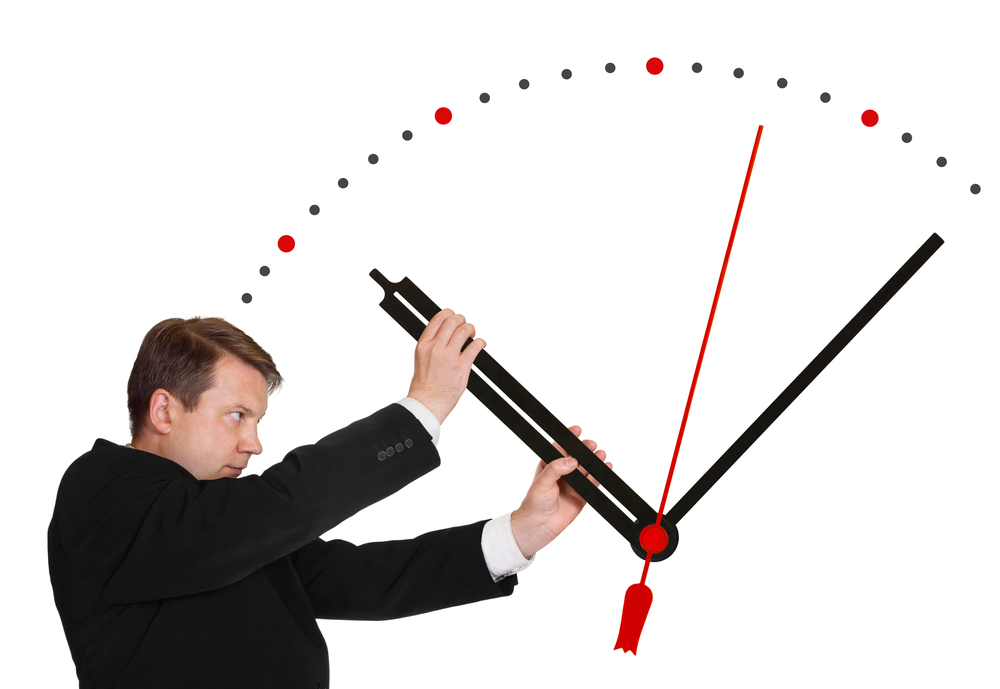Another breakthrough for our beloved scientists, a step further for humanity. After the discovery of chemical changes in our DNA which enables us to predict our age, well, a new discovery has come to light: The difference between our estimated age and our actual age makes our…Biological Clock which can predict how long we will live .But hold your horses!
There are lots of things to think about first: if the estimated age is higher than our actual age then we might die a little sooner!(Do not panic my dears).It is a matter of balance. If these ages match, we don’t have a problem.

But how do we estimate our age?(No, not the “women way”).Scientists say that without changing the DNA sequence they can turn genes on and off –kind like mute button – called epigenetic change .So researchers added chemical tags to certain sites along the sequence of our DNA called DNA methylation.(Do NOT try this at home).
DNA methylation degree can change while we grow up and it is influenced by our lifestyle.(Stop smoking dears and close the doors to stress).Earlier studies showed that DNA methylation can be used to predict a person’s age and that the difference between it and the actual age may be linked to risk for age-related diseases and mortality. However, scientists don’t know if it is linked to our lifespan.
So, what did they do? Scientists from the University of Edinburgh, Australia and the US carried out a big research. They studied the lives of 5,000 people up to the age of 14 in four independent studies. They looked for markers in the participants’ blood from the very beginning and during the experiment. This would measure their estimated age.
Results:(drums ,please) If our estimated age (DNA methylation age) is five years higher than our actual one ,we have a risk of dying from any cause by 21% regardless of sex and age. But if factors such as education, environment, diseases, smoking, stress and our social lifestyle are taken into account ,then the risk is reduced to 16% (extraordinary).
At the end of the day, there is a link between mortality and our biological clock but certain environmental and lifestyle factors influence our biological age.-Scientists are already working on it and hopefully we ‘ll know soon.
I will quote lead scientist Professor Ian Deary to put us out of our misery: “This new research increases our understanding of longevity and healthy aging. It is exciting as it has identified a novel indicator of aging, which improves the prediction of lifespan over and above the contribution factors such as smoking, diabetes and cardiovascular disease.”










